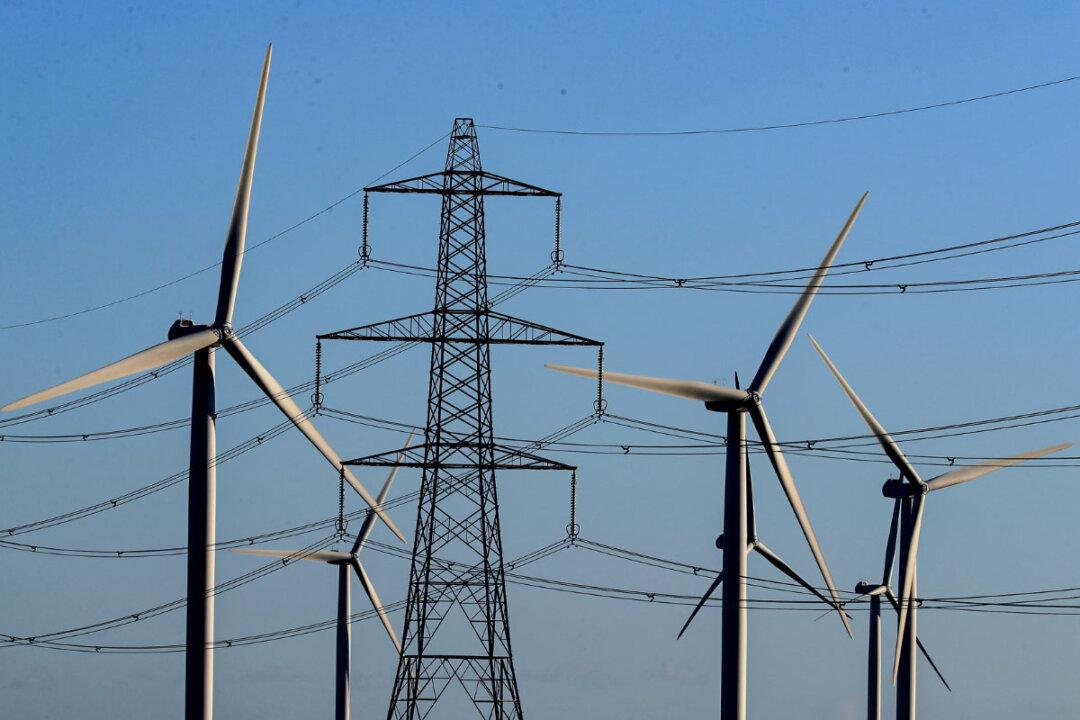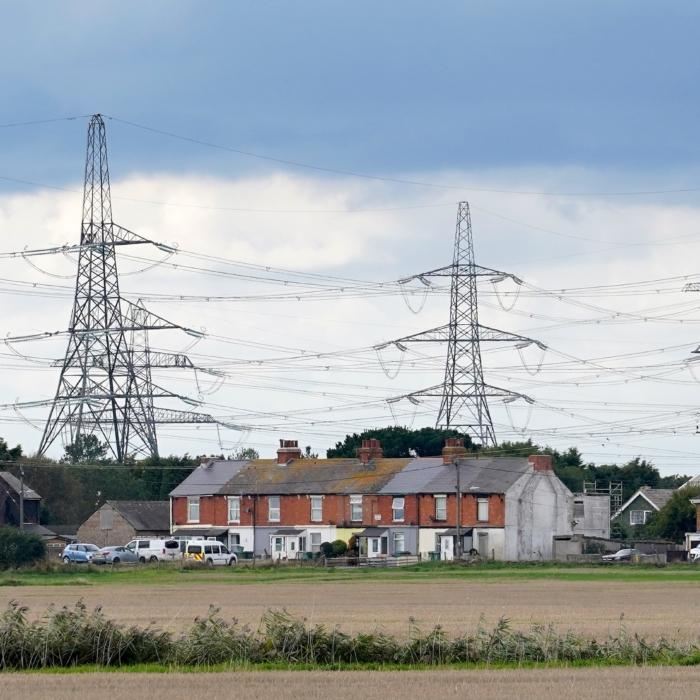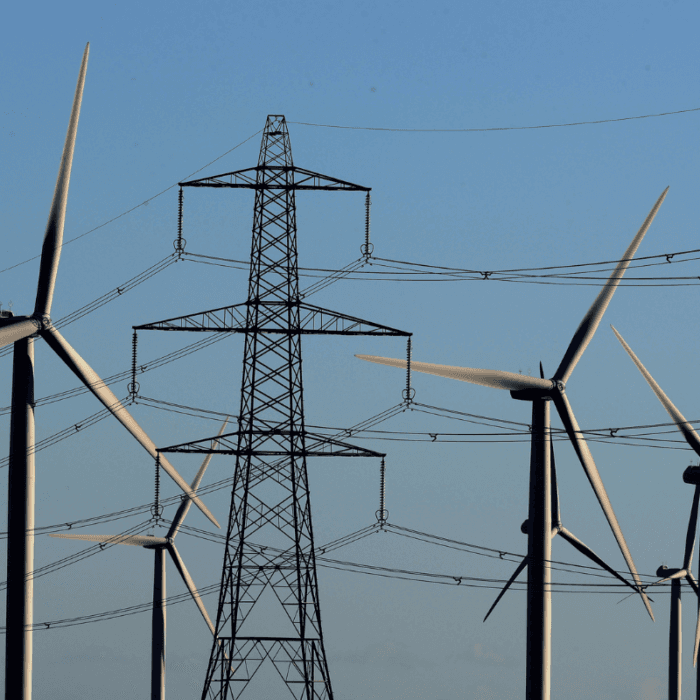Britons will have to accept new pylons overground if they want cheaper electricity, Prime Minister Sir Keir Starmer has warned.
Pylons are more cost-effective than burying cables underground and will alleviate the tax pressures on voters, Starmer said.
His position is widely opposed by officials and campaigners, who are concerned with the environmental and visual impact of pylons across the British countryside.
But the government said that ministers have “shied away from these trade-offs for too long.”
“If you want lower energy bills, we’re going to have to have pylons above the ground.
“Yes, there is the option to put them below the ground—it costs much more money, and if there’s one consistent theme into and out of the last election, it’s that most people feel they’re already paying too much tax, and I don’t think many would put their hand up to pay more tax in relation to that,” Starmer told reporters.
Pylons are used to support electrical cables that transmit high-voltage electricity from where it’s generated to homes and businesses. There are almost 22,000 pylons on the transmission network in England and Wales, connecting over 4,500 miles of high-voltage overhead lines.
In the east of England, National Grid plans for a 114-mile-long stretch from Norwich to Tilbury, Essex, made up mostly of overhead lines and pylons. The project also includes some underground cables and is meant to support the UK’s net zero target.
The National Grid is currently reviewing feedback on its proposal, ahead of submitting it to the Planning Inspectorate in 2025.
Campaigners from the Essex Suffolk Norfolk Pylons group oppose pylon construction, insisting that the infrastructure harms the environment and is not cost effective.
Views of MPs
The government has also been questioned by a number of MPs on its plans to build more pylons across the country.James Cartlidge, Conservative MP for South Suffolk, has long campaigned against new pylons.
He pointed to the findings of a study into electricity network infrastructure in East Anglia, which found that underground high voltage electricity transmission lines are cheaper than pylons.
This month, Welsh Plaid Cymru politician Ann Davies asked if the government has “investigated undergrounding” and if Labour has plans “to protect the countryside from more pylons.”
In another parliamentary session on Sept. 11, Davies asked Starmer why his government “favours overhead pylons,” as opposed to the Welsh leadership’s policy for all new power lines to be placed underground where possible.
In response, Starmer told MPs that the government is committed to the transition to renewable energy.
“It lowers bills and, of course, the next generation of jobs are tied up with it. We have to do it in a cost-effective way, but we will make those decisions in a cost-effective way,” the prime minister said.
According to Labour MP for Lincoln Hamish Falconer, the right thing to do is find the cheapest possible way of moving energy.
Starmer’s comments on reducing energy bills follow the government’s decision to cut the winter fuel allowance for pensioners who don’t receive Pension Credit or certain other means-tested benefits.







